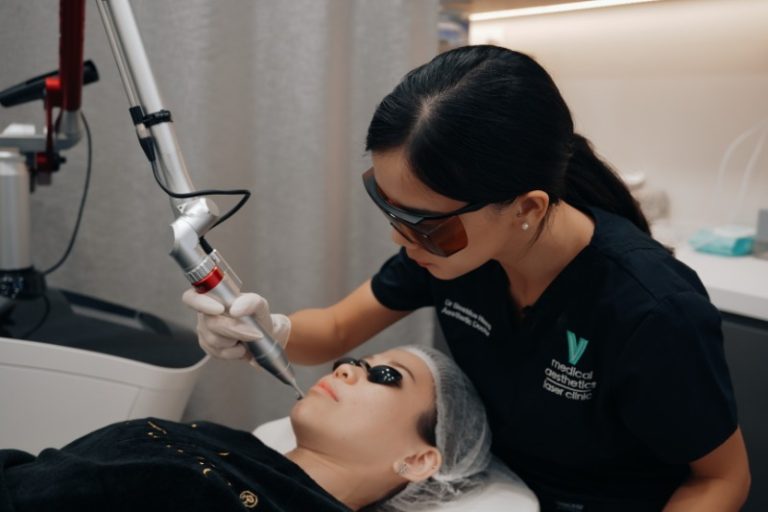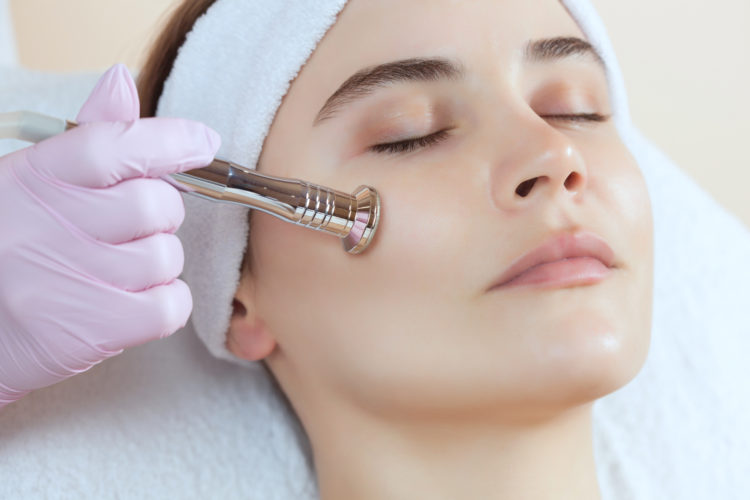For many who battle acne scars, clear, smooth skin sometimes seems like an unattainable dream. These residual...
Health
Many people are looking for natural cures to improve their general condition. Reflecting the increasing fascination in...
In emergency situations, time is the only determinant of a patient’s survival and the duration required for...
Common worries in the beauty industry contain pigmentation problems like dark patches, melasma, and uneven skin tone....
Finding a suitable remedy can be difficult for anyone suffering scalp problems, hair loss, or thinning. Using...








